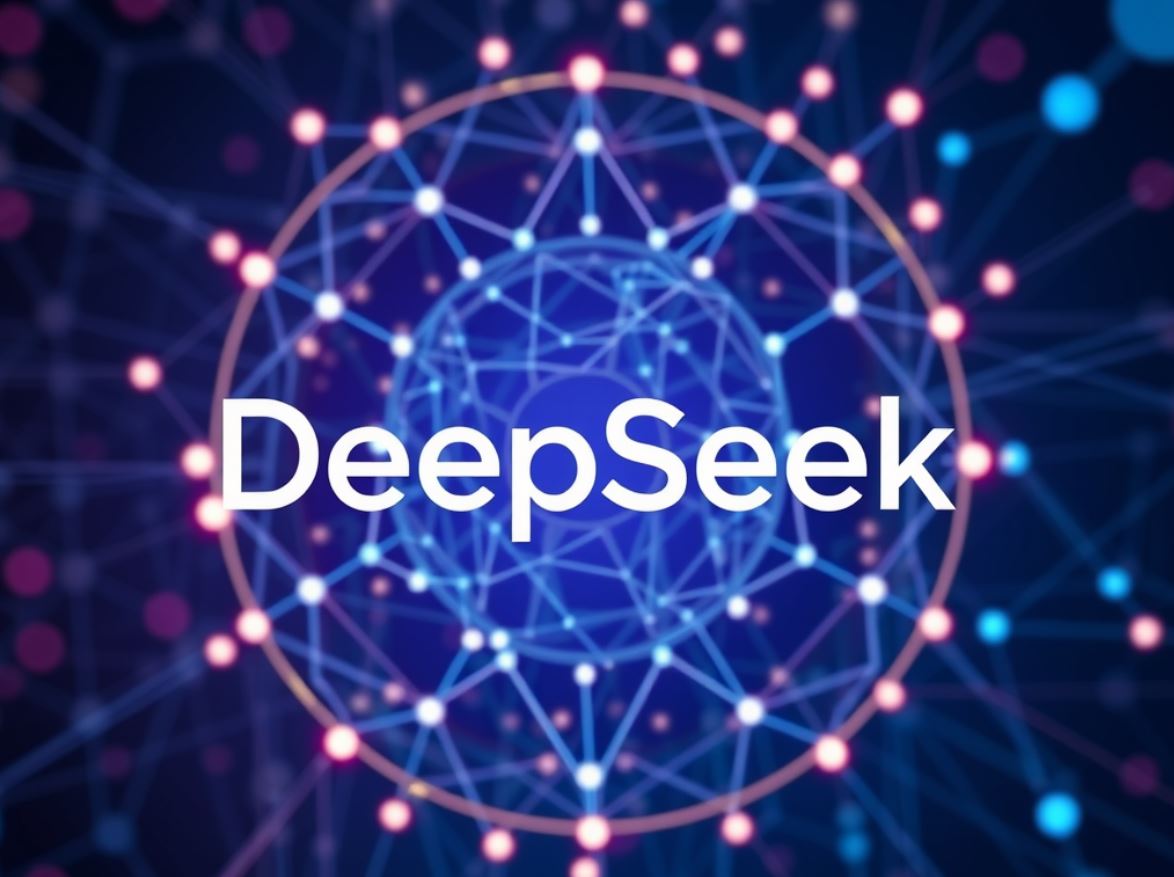 Imagine a world where AI systems truly understand what we want. That’s the vision coming from DeepSeek, a Chinese startup working closely with Tsinghua University. They’ve made a big leap forward in AI reward models, which have long been a tricky part of AI research. Their new approach, detailed in the paper “Inference-Time Scaling for Generalist Reward Modeling,” aims to improve how AI interprets our preferences and answers our questions. This is a crucial step towards building AI that really aligns with what we desire.
Imagine a world where AI systems truly understand what we want. That’s the vision coming from DeepSeek, a Chinese startup working closely with Tsinghua University. They’ve made a big leap forward in AI reward models, which have long been a tricky part of AI research. Their new approach, detailed in the paper “Inference-Time Scaling for Generalist Reward Modeling,” aims to improve how AI interprets our preferences and answers our questions. This is a crucial step towards building AI that really aligns with what we desire.
So, why are AI reward models so important? Well, they’re like the feedback loop in reinforcement learning, especially for large language models (LLMs). Think of them as digital mentors guiding AI systems to behave in ways we find useful. As AI becomes more advanced and gets used in more complex situations, having accurate reward models is key.
DeepSeek’s innovation brings together two methods: Generative Reward Modeling (GRM) and Self-Principled Critique Tuning (SPCT). GRM helps with flexibility and scaling during the AI’s decision-making process, while SPCT fine-tunes the rewards through ongoing learning. Zijun Liu, a researcher from DeepSeek and Tsinghua University, points out that this method lets principles adjust based on the questions and answers, making the reward system much more effective.
This is especially useful for what’s called “inference-time scaling,” which boosts AI performance by using extra computing power during decision-making instead of during training. The researchers found that using more computing resources during this phase allows models to generate rewards that are more accurate and beneficial.
Why This Matters
DeepSeek’s breakthrough comes at a crucial time for AI. As their paper notes, reinforcement learning is being increasingly used after training LLMs, leading to better alignment with human values and improved reasoning over the long term. Here’s why this new approach to reward modeling could be a game-changer:
- Enhanced AI Feedback: By refining reward models, AI systems can get more accurate feedback, which helps them improve their responses over time.
- Increased Adaptability: The ability to scale performance during decision-making means AI can adapt to different computing environments.
- Broader Application: Better reward models mean AI can perform well across a wider range of tasks.
- Efficient Resource Use: DeepSeek’s method could help smaller models perform like larger ones by optimizing how resources are used during decision-making.
Founded in 2023 by Liang Wenfeng, DeepSeek is quickly making a name for itself in the global AI scene. Known for its V3 foundation and R1 reasoning models, the company recently upgraded its V3 model to improve reasoning skills and Chinese writing proficiency. They’re also committed to open-source AI, releasing five code repositories in February to encourage collaboration and development.
Looking ahead, DeepSeek plans to open-source its GRM models, though there’s no set timeline yet. This move is expected to speed up progress in AI reward modeling by allowing more experimentation and development. As reinforcement learning continues to be a cornerstone of AI, innovations like DeepSeek’s are set to make a significant impact on how AI aligns with human preferences.








